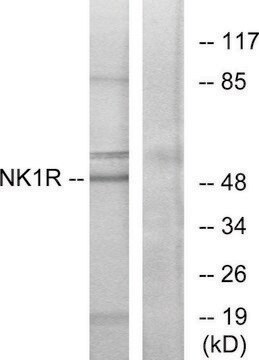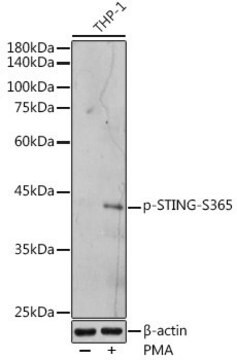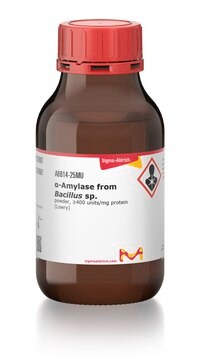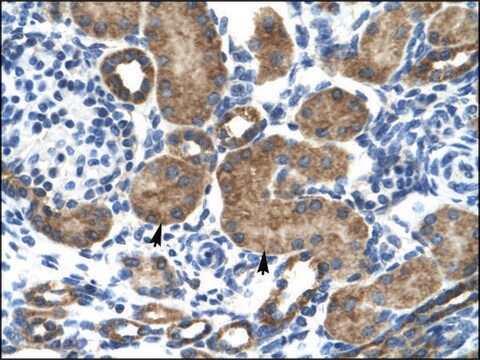MAB379
Anti-Glutamate Receptor 5, 6, 7 Antibody, clone 4F5
ascites fluid, clone 4F5, Chemicon®
Synonym(s):
GluR5/6/7
About This Item
Recommended Products
biological source
mouse
Quality Level
antibody form
ascites fluid
antibody product type
primary antibodies
clone
4F5, monoclonal
species reactivity
rat, human, monkey
manufacturer/tradename
Chemicon®
technique(s)
ELISA: suitable
immunocytochemistry: suitable
immunohistochemistry: suitable
radioimmunoassay: suitable
isotype
IgM
NCBI accession no.
shipped in
dry ice
target post-translational modification
unmodified
Gene Information
human ... GRIK1(2897)
Specificity
Immunogen
Application
ELISA
RIA
Optimal working dilutions must be determined by end user.
Neuroscience
Neurotransmitters & Receptors
Physical form
Storage and Stability
Legal Information
Disclaimer
Not finding the right product?
Try our Product Selector Tool.
Storage Class Code
10 - Combustible liquids
WGK
WGK 1
Flash Point(F)
Not applicable
Flash Point(C)
Not applicable
Regulatory Listings
Regulatory Listings are mainly provided for chemical products. Only limited information can be provided here for non-chemical products. No entry means none of the components are listed. It is the user’s obligation to ensure the safe and legal use of the product.
JAN Code
MAB379:
Certificates of Analysis (COA)
Search for Certificates of Analysis (COA) by entering the products Lot/Batch Number. Lot and Batch Numbers can be found on a product’s label following the words ‘Lot’ or ‘Batch’.
Already Own This Product?
Find documentation for the products that you have recently purchased in the Document Library.
Our team of scientists has experience in all areas of research including Life Science, Material Science, Chemical Synthesis, Chromatography, Analytical and many others.
Contact Technical Service








